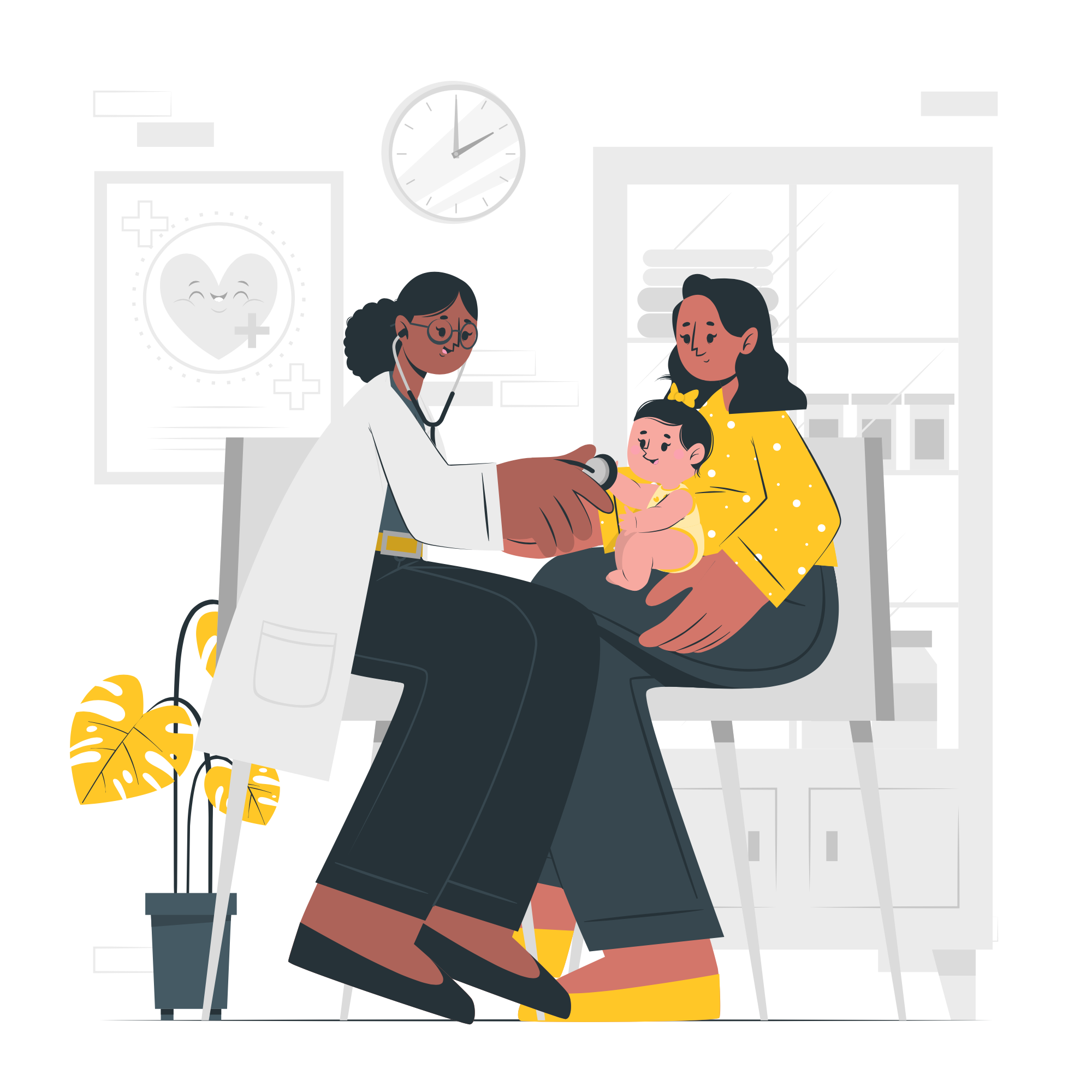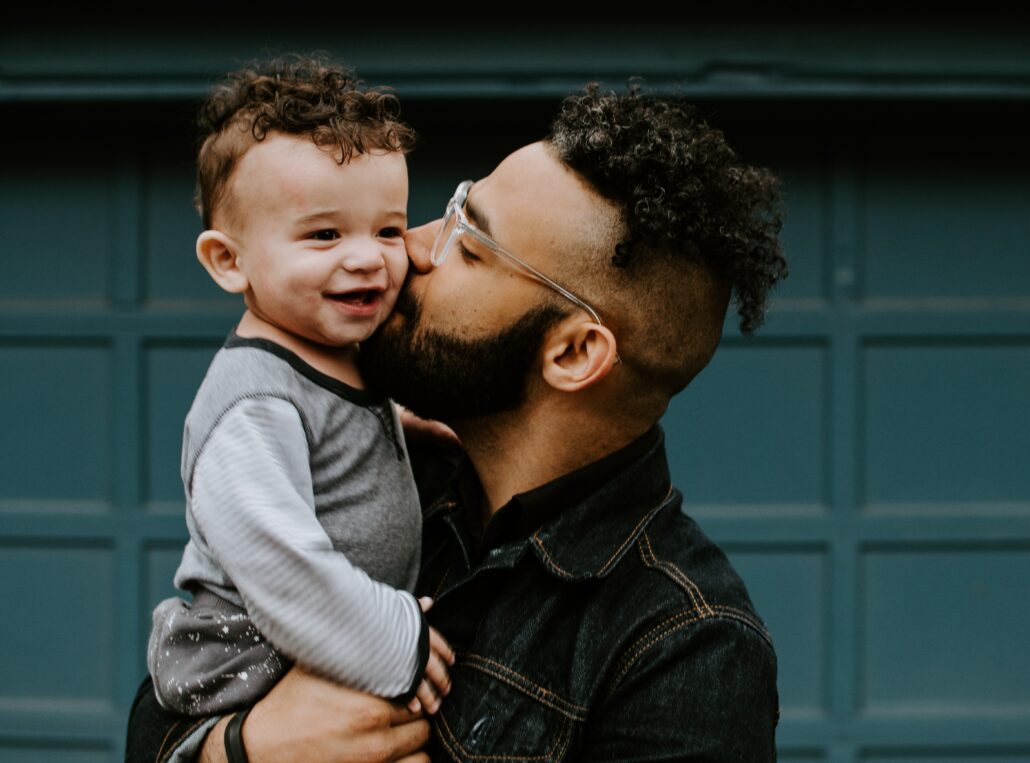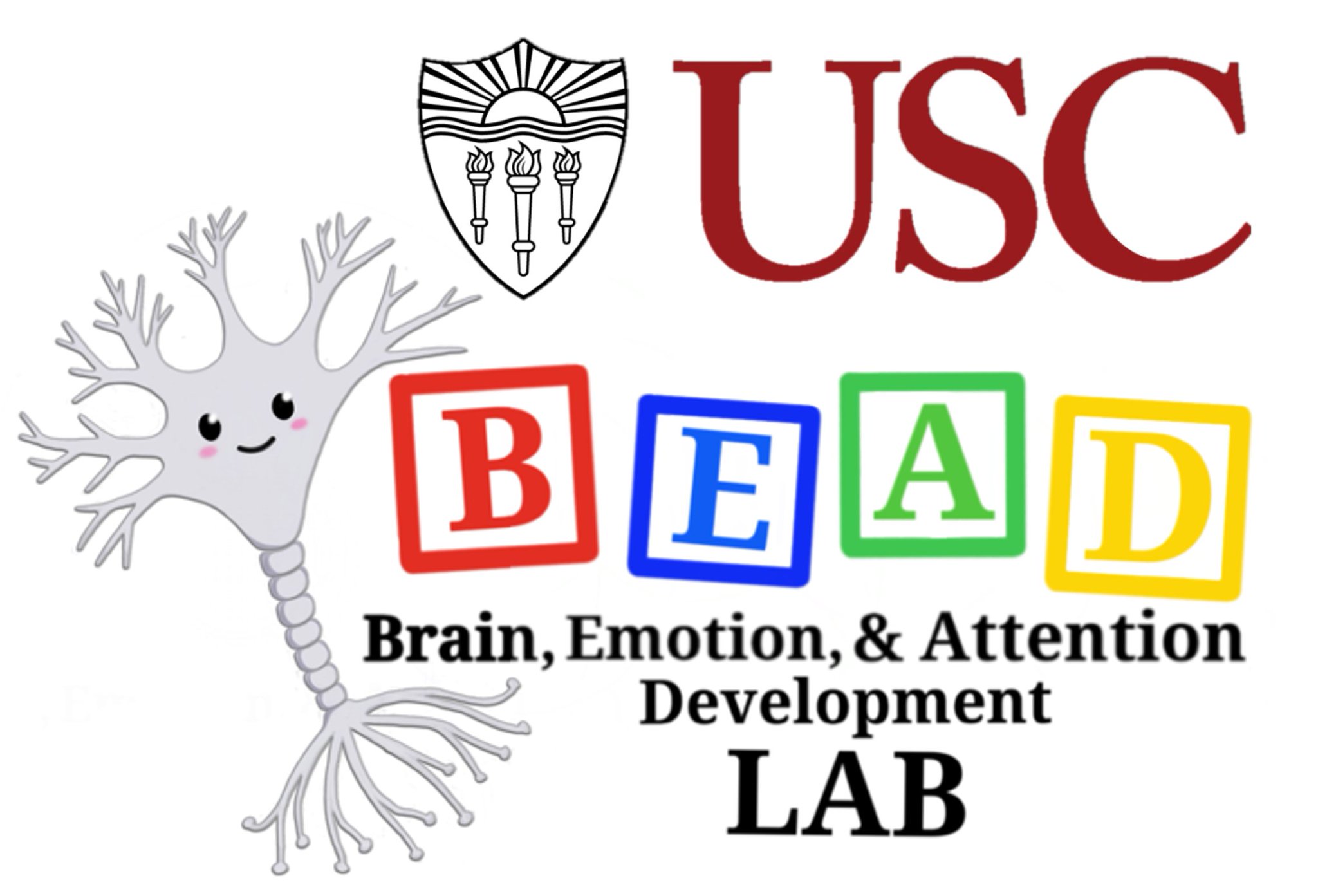STAR Study:
Study of Temperament and Attention Regulation
Researchers at USC's Brain, Emotion & Attention Development Lab want to learn more about how babies attend to the world around them and how this influences their behavior. Help advance developmental research and join today!

Fast Facts
Parents / caregivers
& babies 3-24 months old
Compensation Provided
Conducted
in Los angeles, CA/Remotely
Study Background
Do you have a baby? We want to learn from them!
The purpose of this study is to learn more about how babies perceive the world around them and how this impacts their behavior.
If you decide to participate in this study, you and your baby may be asked to come to the Brain, Emotion & Attention Development (BEAD) Lab at the University of Southern California to complete a series of activities, like looking at videos while we record your baby’s brain activity. There is also a remote option for this study for qualified individuals.
Families will receive compensation for participating, as well as parking reimbursement. Help us learn more about babies’ development, join our paid study today!

Study Background
Do you have a baby? We want to learn from them!
The purpose of this study is to learn more about how babies perceive the world around them and how this impacts their behavior.
If you decide to participate in this study, you and your baby will be asked to come to the Brain, Emotion & Attention Development (BEAD) Lab at the University of Southern California to complete a series of activities, like looking at videos while we record your baby’s brain activity.
Families will receive compensation for participating, as well as parking reimbursement. Help us learn more about babies’ development, join our paid study today!
Additional Information
You and your baby may qualify for this study if you meet the following criteria:
- Baby between the ages of 3-24 months
- Born within 3 weeks of their due date
- No family history of seizures
Participation includes activities for both caregiver and baby during a visit to our lab on USC’s Campus or remotely as well as questionnaires that you can complete from home. The visits lasts around 1.5 hours and include babies looking at videos and other stimuli (such as faces) while we measure where they are looking and their brain activity.




